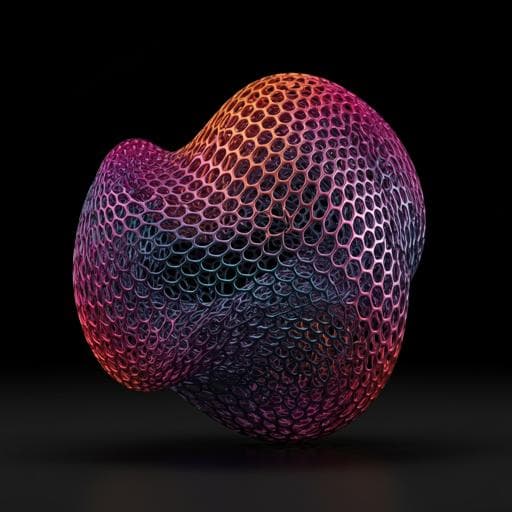
Engineering and Technology
Rapid inverse design of metamaterials based on prescribed mechanical behavior through machine learning
C. S. Ha, D. Yao, et al.
This groundbreaking research conducted by Chan Soo Ha, Desheng Yao, Zhenpeng Xu, Chenang Liu, Han Liu, Daniel Elkins, Matthew Kile, Vikram Deshpande, Zhenyu Kong, Mathieu Bauchy, and Xiaoyu (Rayne) Zheng reveals a rapid inverse design methodology leveraging generative machine learning and desktop additive manufacturing. It allows for the creation of metamaterials with customizable mechanical properties, achieving an impressive 90% fidelity in stress-strain curve performance.
Related Publications
Explore these studies to deepen your understanding of the subject.







